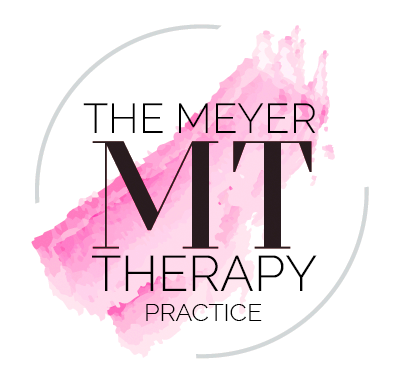Cognitive Behavioural Therapy (CBT)
Overcoming problems using a structured and empowering approach
What is CBT?
CBT is an extensively researched therapy, which is based on the theory that thoughts, feelings, behaviour and what we feel in our body are all connected. Therefore by changing one of these it can alter the others.
It is a structured and empowering approach which offers many different strategies to help you overcome your difficulties . It aims to help you to understand your individual thinking styles and how this may be related to your early experiences.
People can often fall into unhealthy patterns of thinking when they feel worried or distressed and CBT works to help you notice and change problematic thinking styles and behaviour which may be keeping the problems going and prevent you from pursuing what is of value to you.
Within CBT sessions yourself and your therapist will discuss your specific difficulties and set goals for you to work towards to improve your situation. Clients are encouraged to put into practice the skills they have been taught in between sessions and to keep a record of thoughts, feelings and behaviours whilst putting into practice new ways of thinking and acting.
CBT has a good evidence base for a wide range of problems in adults, older adults , children and young people. The number of sessions you need depends on the difficulty you need help with but generally are between 6-20 sessions.
What CBT can help with
- Anxiety Disorders (including panic attacks , social anxiety and generalised anxiety/worry Disorder
- Depression
- Obsessive compulsive Disorder (OCD)
- Obsessional Disorders (including Health Anxiety, Vomit phobia )
- Body Dysmorphic Disorder (BDD)
- Phobias
- Chronic Fatigue
- Anger management
- Sleep difficulties
- Low self esteem
- Relationship problems (including Jelousy issues)
- Eating disorders
- Trauma and Post Traumatic stress Disorder
Exposure Therapy
If you are being treated for Obsessional Compulsive Disorder or phobias, you may be required to gradually confront feared and uncomfortable situations. These will have been agreed beforehand by yourself and will always be in-line with your goals of treatment.



